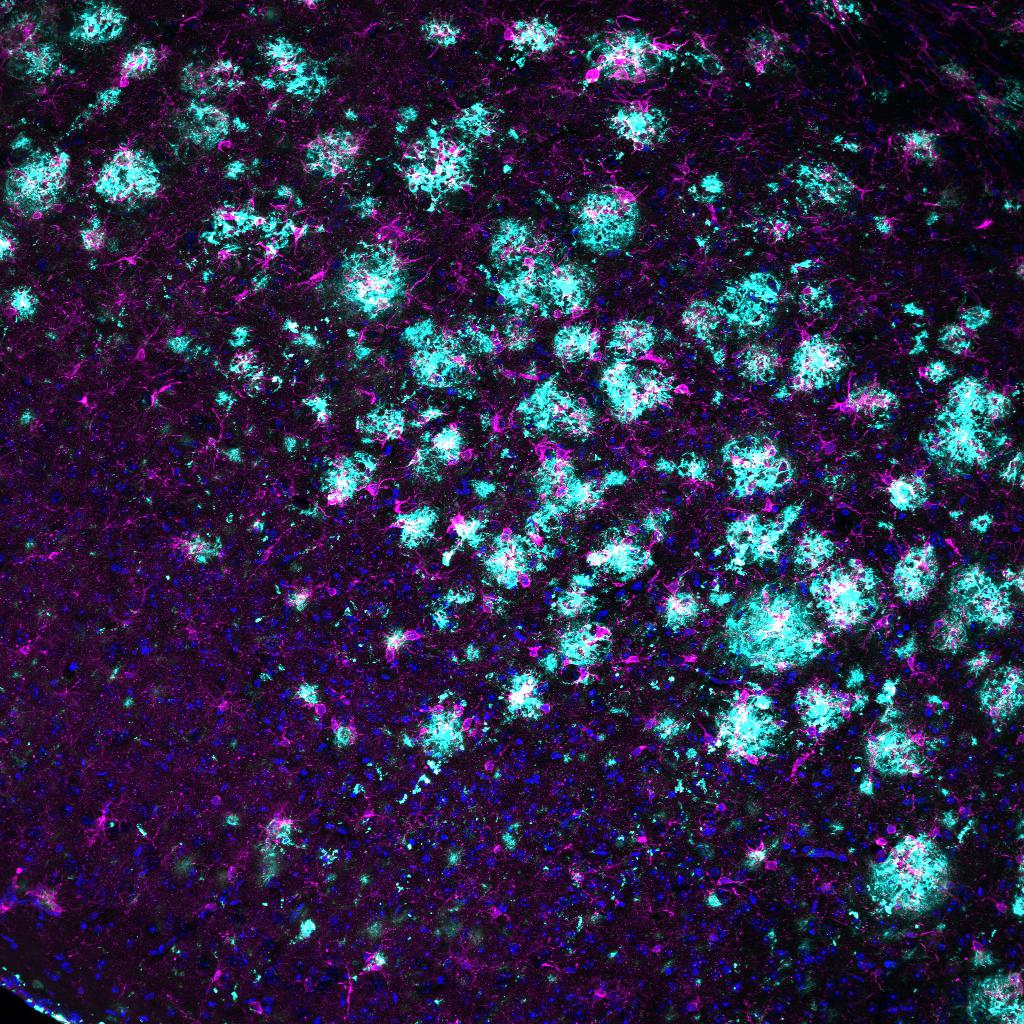Alzheimer’s disease (AD) is a progressive neurodegenerative disorder featuring amyloid-β (Aβ) deposition as insoluble plaques and intracellular Tau aggregates as neurofibrillary tangles (NFTs). The amplitude of circadian rhythmicity dampens during healthy aging but is more pronounced in neurodegenerative diseases such as AD. Healthy circadian rhythms regulate processes that protect against neurodegeneration (i.e. redox homeostasis, inflammation, proteostasis)and when disrupted, exacerbates AD risk and pathology. We hypothesize that re-establishing healthy central and peripheral biological rhythms will delay the onset and slow the progression of AD. We are now testing this idea by limiting light and food access to an 8-hour period per day (time restricted feeding and light, TRF/L) to consolidate and strengthen circadian rhythm amplitude in an AD mouse model. We are determining if this strategy improves metabolic, cognitive or pathological AD symptoms. While the AD field is a new direction for the Güler Lab, we have ongoing collaborations with Drs. Ferris and Bloom, local experts in AD metabolism and cellular biology. Coupled with our experience in circadian behaviors and entrainment, we are in a unique position to determine whether imposed synchronization of the central circadian clock improves AD pathology and physiology while diminishing cognitive decline.
Implication of Chronotherapy in mouse models of Alzheimer’s Disease Y Shi, R Salinas, W McRoberts, S Rozen, J Swint, GS Bloom, AD Güler Alzheimer's Association International Conference
Altered circadian behavior and light sensing in mouse models of Alzheimer’s disease TK Weigel, CL Guo, AD Güler, HA Ferris Frontiers in Aging Neuroscience 15, 1218193
